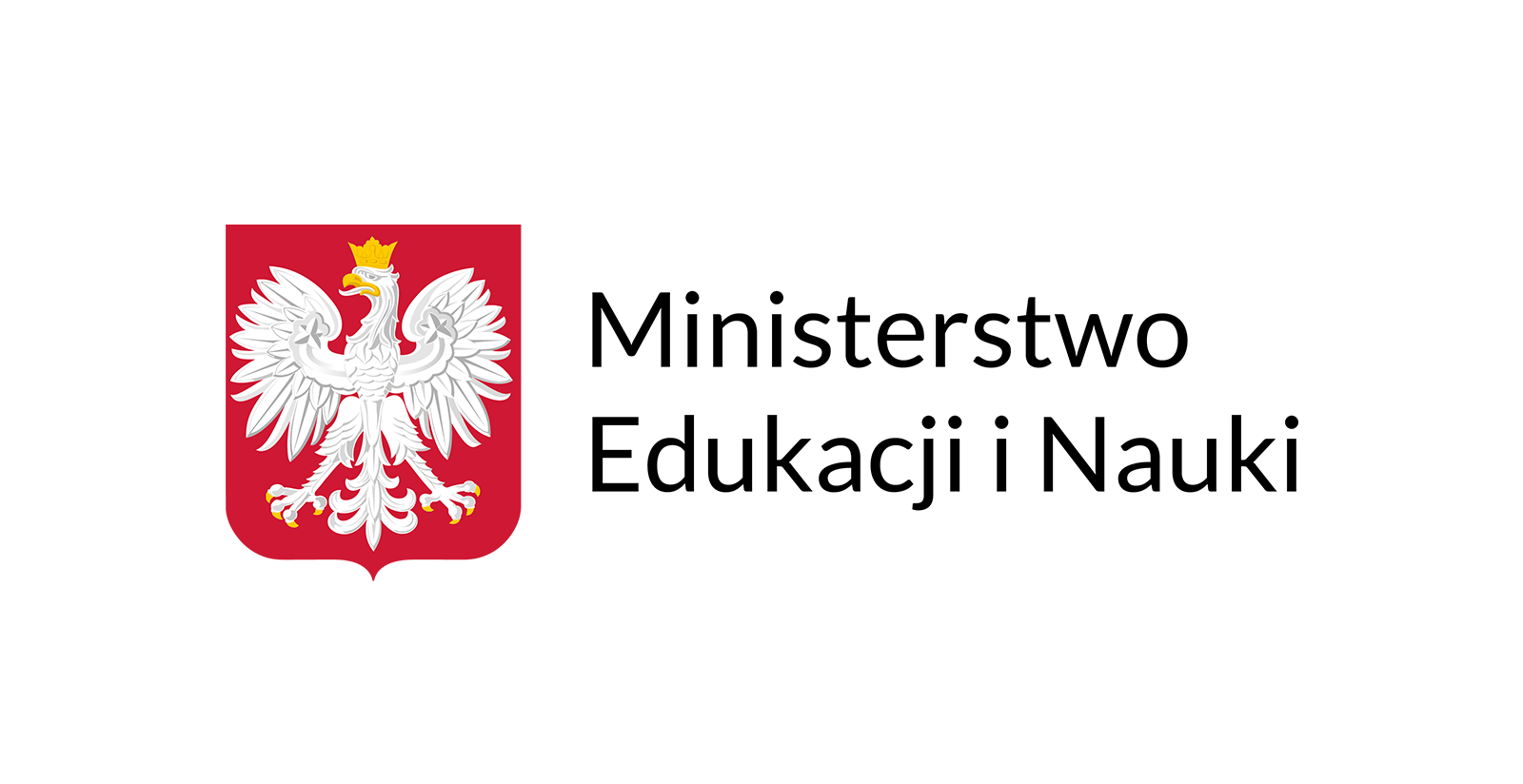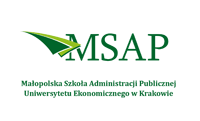| Tytuł: | Social Facilitators of Specialist Knowledge Dispersion in the Digital Era |
| Autor: | Ćwiek Małgorzata Pietruszka-Ortyl Anna |
| Data wydania: | 20/05/2021 |
| Obszar wiedzy: | |
| Słowa kluczowe: | 5.0 society digital revolution knowledge transfer knowledge worker sustainable management |
| Wydawca: | MDPI |
| Nazwa czasopisma: | Social Media and Sustainability in the Digital Era |
| Abstrakt: | The digital revolution has triggered disproportions resulting from unequal access to knowledge and various related skills, because the constituting new civilization is based on specific, high-context, and personalized professional knowledge. In response to these dependencies, and in line with the sustainability paradigm, the issue of diffusion of knowledge, especially of the professional type, is of particular importance in eliminating the increasing digital inequalities. Therefore, the main challenge is to stimulate the free dispersion of intellectual workers’ knowledge. Their openness and commitment, devoid of opportunistic and knowledge-flow restraining attitudes, are prerequisites for the development of a sustainable society (synonymous with Civilization 5.0 or Humanity 5.0). The article endeavors to verify trust as the leading factor of effective specialist knowledge exchange. Its purpose is to analyze and diagnose the components, enablers, and types of trust that affect the diffusion of specific forms of professional knowledge in different groups of organizational stakeholders treated as knowledge agents. Systematic scientific literature analysis, expert evaluation, and structured questionnaires were used to develop and verify the hypotheses. Direct semistructured individual interviews, focus-group online interviews, computer-assisted telephone interviews, and computer-assisted web interviews were also applied in the paper. The research results confirmed the assumption that reliability-based trust, built on competence-based trust and reinforced by benevolence-based trust, is the foundation of the exchange of professional knowledge. It also supported the hypotheses that this process depends on the group of knowledge agents, the dominant form of trust, as well as its enhancers and types of exchanged knowledge. Conducted explorations constitute a theoretical and practical contribution to the subject of professional knowledge exchange. They fill the research gap regarding vehicles of trust as a factor of specialist knowledge diffusion and provide general, practical guidelines in terms of shaping individual components of competence-, benevolence-, and reliability-based trust due to the type of transferred knowledge and the group of knowledge agents involved in its circulation. |
| DOI: | https://doi.org/10.3390/su13105759 |
| ISSN/ISBN: |
Szczegóły rekordu
/ Kontakt
BIURO PROJEKTU
Małopolska Szkoła Administracji Publicznej
Uniwersytet Ekonomiczny w Krakowie
ul. Rakowicka 16, p. 24, 31-510 Kraków
T: (12) 293 75 83
E: biurorid@uek.krakow.pl
Godziny pracy Biura Projektu:
poniedziałek – piątek 7:30-15:00
PROMOCJA ORAZ UPOWSZECHNIANIE
Wojciech Sypek
Małopolska Szkoła Administracji Publicznej
Uniwersytet Ekonomiczny w Krakowie
ul. Rakowicka 16 | pok. 22
E: sypekw@uek.krakow.pl
T: 12 293 75 67 | K: +48 537 637 807


